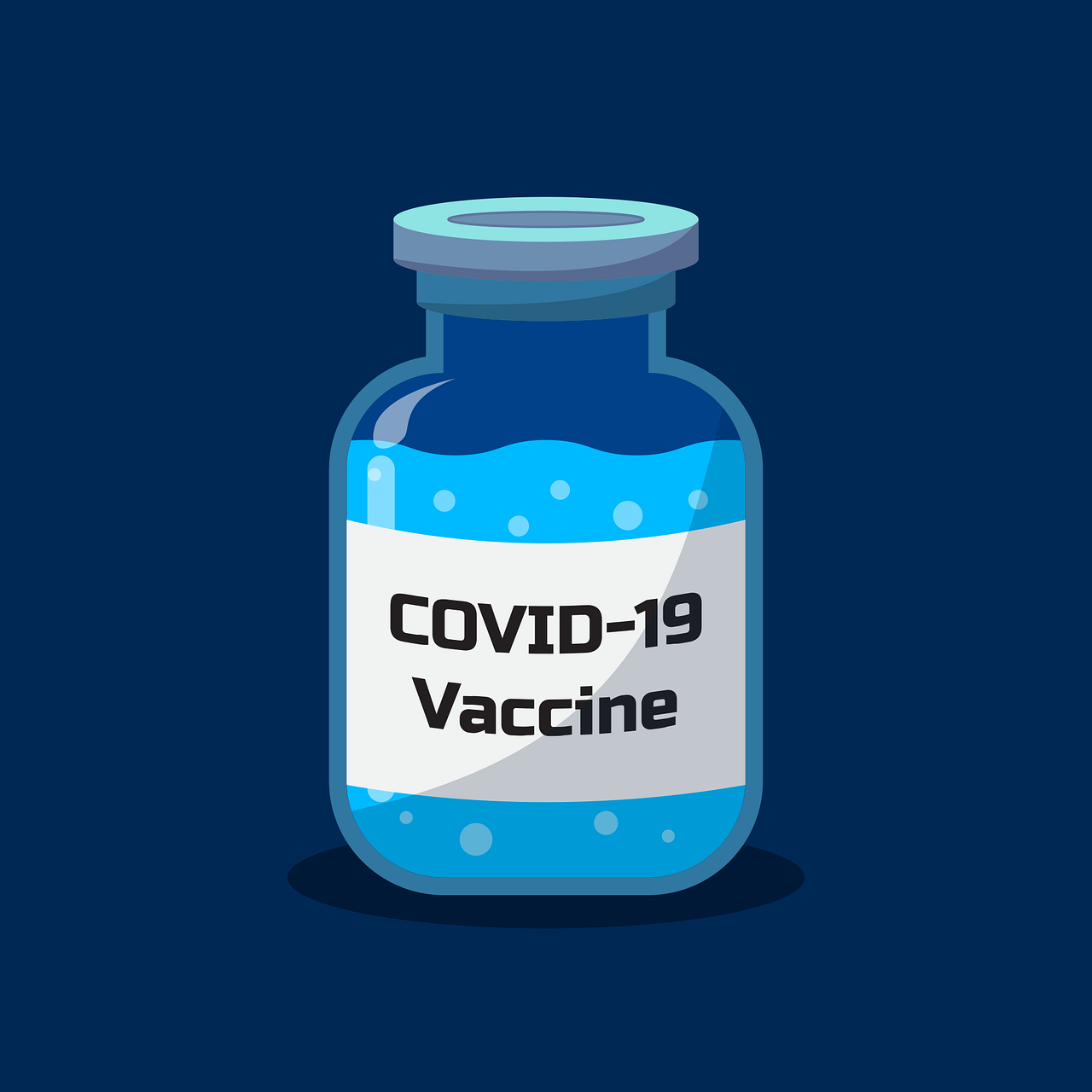News
COVID vaccines are starting to arrive – here’s how everyone will get them

Given the initial scarcity and high worldwide demand, it is important not to waste the vaccine, the scarce resources needed to administer it, or public goodwill. (Pixabay photo)
The first batch of COVID vaccine has arrived in the UK, and the NHS has embarked on the largest vaccination campaign in the country’s history. Many other countries are also gearing up for this mammoth task.
At first, there will only be a limited number of doses, so many governments have drawn up plans to prioritise the most vulnerable people. Given the initial scarcity and high worldwide demand, it is important not to waste the vaccine, the scarce resources needed to administer it, or public goodwill.
Apart from the complex international supply chains needed to distribute vaccines from manufacturers around the world, countries now face another big challenge: the logistics of delivering them to patients.
Read more:
Vaccines are here, but how will we get them to billions of people?
The British government has begun to issue guidance on how to manage the so-called “last-mile logistics” – the final step of the delivery process from a distribution centre or facility to the recipient – which can set an important precedent for other nations. A list of priority groups has been circulated, but reaching them for not one but two doses of the vaccine is challenging. As public concern and debate around the administration of vaccines grow, it is important to understand the plans in place and the issues that lie ahead.
Avoiding waste
A few key issues need to be considered in last-mile logistics: storage, transport, vaccination locations and vaccine hesitancy. The focus in all of these areas is on avoiding waste.
On December 2 2020, the UK drugs regulator, the Medicines and Healthcare products Regulatory Agency (MHRA), set out conditions for the authorisation of the Pfizer vaccine. They include the stipulation that the vaccine has to be transported and initially stored at -75°C and can only be moved four times.
Such ultra-cold temperatures cannot be maintained outside of specialised equipment, which limits the storage locations and transport capacity available. As a result, there is a strong focus on using 50 hospitals as the initial points of distribution for this vaccine in the UK. Other countries are pursuing a similar approach – Germany, for example, has designated no more than 60 vaccination centres** to cover all of its states.
According to the UK authorisation, the Pfizer vaccine has a shelf life of five days at 2-8°C. These temperatures are easier to maintain in most locations than the initially required -75°C.
In the final step of delivery, the packages, which usually comprise 975 vaccine doses , can also be broken up into smaller quantities. This ensures that at a final destination where there are fewer than 975 people to be vaccinated within the remaining shelf life, doses are not wasted. How this will be done safely, though, is still under consideration.
Other COVID vaccines might have less demanding temperature and movement requirements. This could result in more decentralised vaccination. The Australian COVID vaccination policy says that doctor’s clinics, pharmacies, certain workplaces and even schools could become vaccination locations.
Availability
The first consignment of the Pfizer vaccine that recently arrived in the UK is expected to be administered from the hospitals where they are stored.
It is essential to vaccinate the groups that are most likely to suffer severe COVID or death from the disease. At the moment, the focus is on protection, not reducing transmission as it is not currently known whether the Pfizer vaccine stops transmission of the virus.
Older people and healthcare workers are at the top of the UK’s priority list for the first round of vaccinations. Ninety-year-old Margaret Keenan became the first person in England to receive the Pfizer vaccine.
To be fully protected from symptomatic disease, people need two doses three weeks apart. This means stock needs to be available for both vaccine doses to avoid vaccination delays.
Vaccination hesitancy
All the effort put into vaccine development, authorisation, production and transport only pays off if people are willing to be vaccinated and vaccinations are done properly. People not returning for their second dose after three weeks could create significant vaccine waste as one dose isn’t expected to provide protection. But the uptake of vaccines is a complicated issue, and the government hasn’t clearly outlined how people will be called back for their follow-up dose.
Recent reports criticising the speed and rigour of the vaccine approval process will also discourage some people from trusting the vaccine.
Vaccines are health interventions and as such require not only a focus on the product but also the public. Vaccination champions are a proven method of increasing vaccine uptake and confidence. Pharmacists, as medicines experts, play an active role in educating the public on diseases that are preventable by vaccine, as well as advocating for vaccination.
The last-mile logistics will be complex and will undoubtedly need to be tweaked in light of new evidence as the rollout continues. However, the ultimate success of the vaccination programme relies on all of us playing our part and taking the vaccine, if our health permits.![]()
Sarah Schiffling, Senior Lecturer in Supply Chain Management, Liverpool John Moores University and Liz Breen, Director of the Digital Health Enterprise Zone (DHEZ), University of Bradford, Reader in Health Service Operations, University of Bradford
This article is republished from The Conversation under a Creative Commons license. Read the original article.





















